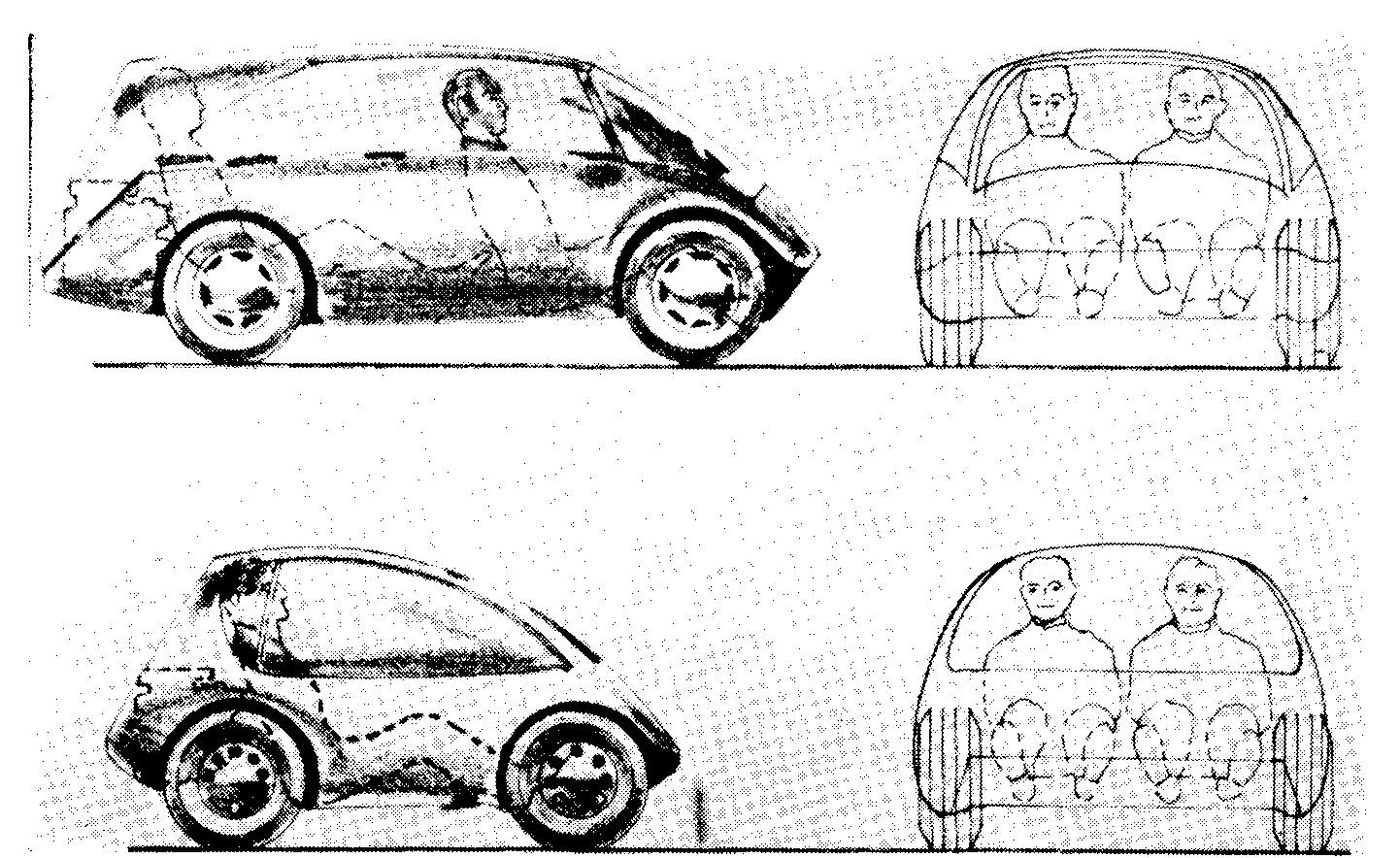J. Herbert Hollomon
Literate Engineering
TODAY you and I can buy a house, but we cannot buy an attractive city; you and I can buy a car but we cannot buy an efficient highway; you and I can pay tuition for a son to go to college but we cannot buy an educational system. The public—in the small or large—buys these public goods: school systems, cities, suburbs, road systems, air pollution control systems, airways systems. Today an increasing share of your and my money is being spent for public goods as contrasted with private goods. This is because we live closer together, have become more interacting and interdependent than we ever were before.
What are the roles of engineering and industry in meeting our needs for public goods?
John R. Pierce of Bell Telephone Laboratories recently wrote in Science magazine that we are alienating engineering from the productive civilian economy which makes possible both our good life and our expenditures on defense and space. We are doing this inadvertently through the nature and magnitude of the support given to university engineering research by defense and space agencies.
As Dr. Pierce pointed out, the Department of Defense, National Aeronautics and Space Administration, and Atomic Energy Commission are now together responsible for 80 per cent of the support for graduate engineering education in the United States. These and all other government agencies properly tend to support research that advances disciplines of importance to them. Thus our engineering schools are now concentrating on research in such glamorous and highly specialized subjects as aerodynamics, electronics, and solid-state physics, which lie at the very heart of the most sophisticated technology in this country and which do in fact give us the world leadership in the defense establishment and in space. But these are not necessarily the disciplines that are related to the civil, economic, or social goals of the United States or the rest of the world. The result is that most of our graduate education in engineering schools is graduate “scientific” engineering education, and the difference between the education of people to do engineering and to do engineering science is almost the difference between day and night.
This situation is self-perpetuating. Almost all the engineering professors now coming into teaching have doctorates based on this kind of research experience, and very few have had industrial experience. The teachers teach the students who teach the students who teach the students, and this assures us in endless cycle a supply of engineering scientists oriented to highly specialized and sophisticated problems. It is a cycle which in some part at least must be broken.
It is clear that the national agencies have a responsibility to ensure that the sophisticated disciplines of engineering and science pertinent to their business are well supported. I am simply proposing that support is also needed for the application of sophisticated techniques to industrial practice, the application of imaginative design to construction, the use of modern technology to control pollution, the application of imaginative engineering so that we are able to operate our motor vehicles without killing as many people each year as we kill in most large world wars.

Sketches above are artist’s conception of limited-emission vehicles now being designed for diminution of air pollution and easing of urban traffic jams. In experiment planned for Philadelphia by University of Pennsylvania under subsidy from U.S. Department of Housing and Urban Development, small light-weight cars would operate by coin or punched card as pay telephones now do; parking lots at railroad stations would hold vehicles for commuters, who would drive into town, debark, and leave the empties for recovery by a community pickup service.
The use of technology is almost never limited by technology itself. It is limited by social, political, and economic forces —the organizational structure of a company, the attitudes of people. So I urge that the engineer, if he is to be effective in a modern world, has to be literate. He must have some concept of the society in which he operates—its economics, its politics, its art, its esthetics, its laws. The society of engineers must encompass people who are deeply wedded to the value systems of our society—men who concern themselves with whether or not engineering is worth doing at all. It is a travesty, in my view, that engineers are responsible for the design ~‘f vehicles in which so many people are killed or maimed. It is a travesty that engineers are responsible for the design of industrial plants that pollute our atmosphere and our streams. Engineers must feel a sense of moral values through which they weigh the consequences for evil as well as the consequences for good of their work and make some judgments between them.
J. Herbert Hollomon was the first assistant secretary for science and technology in any Cabinet department in Washington. Now deputy secretary of the Department of Commerce, he will soon become president of the University of Oklahoma.
